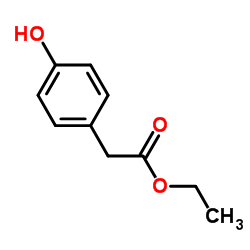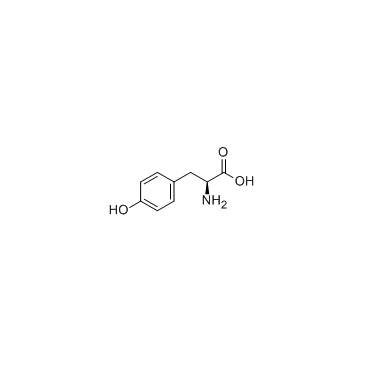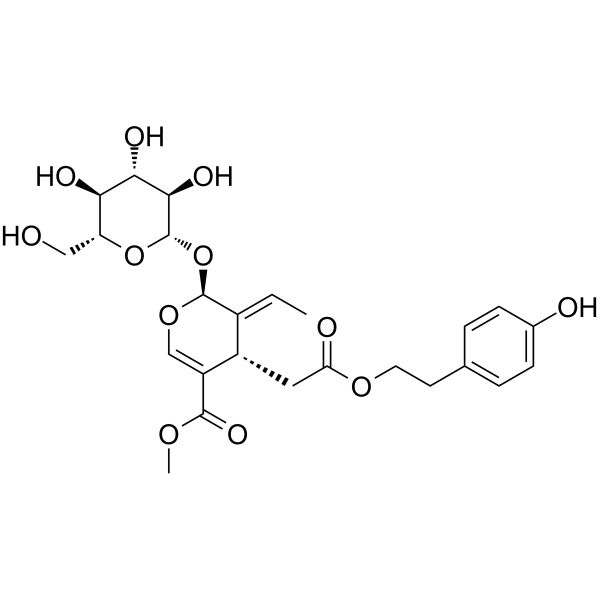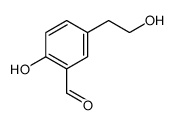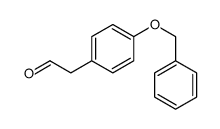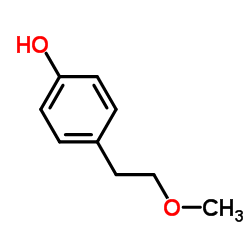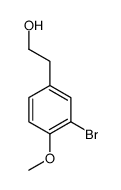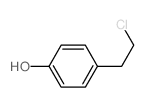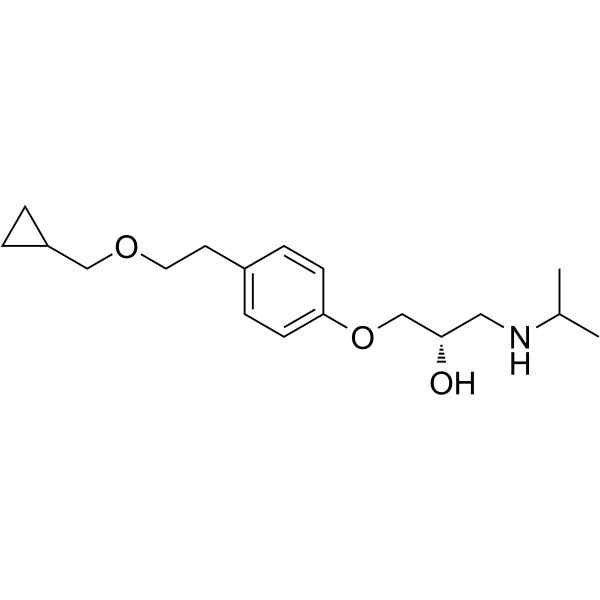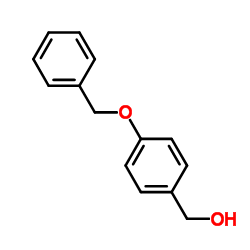501-94-0
| Name | 2-(4-hydroxyphenyl)ethanol |
|---|---|
| Synonyms |
4-(2-Hydroxyethyl)phenol
2-(4-Hydroxyphenyl)ethyl Alcohol 4-Hydroxyphenylethanol β-(4-Hydroxyphenyl)ethanol 4-[(2S)-2-Amino-3-hydroxypropyl]phenol (S)-4-(2-Amino-3-hydroxypropyl)phenol b-(4-Hydroxyphenyl)ethanol tyrosinol 4-(2-Hydroxyethyl)benzolol p-Hydroxyphenethyl alcohol UNII-1AK4μ3SNX 2-(4-Hydroxyphenyl)ethanol 2-(4-Hydroxyphenyl)ethan-1-ol (S)-b-Amino-4-hydroxybenzenepropanol 4-hydroxybenzeneethanol MFCD00002902 β-(p-Hydroxyphenyl)ethanol 4-Hydroxyphenethyl alcohol EINECS 207-930-8 p-Hydroxyphenylethanol 4-Hydroxyphenethyl alcohol,Tyrosol,p-HPEA 4-Hydroxyphenylethyl alcohol b-(p-Hydroxyphenyl)ethanol 4-Hydroxyphenyl ethanol Tyrosol |
| Description | Tyrosol is a derivative of phenethyl alcohol. Tyrosol attenuates pro-inflammatory cytokines from cultured astrocytes and NF-κB activation. Anti-oxidative and anti-inflammatory effects[1]. |
|---|---|
| Related Catalog | |
| In Vitro | Tyrosol (1.6 mM) significantly increases the cell viability of cultured astrocytes exposed to oxygen glucose deprivation (OGD)[1]. Tyrosol (1.6 mM) attenuates the released TNF-α and IL-6 level from astrocyte via regulating Janus N-terminal kinase (JNK) [1]. The reduction of cytokines from astrocyte might be due to its inhibition of astrocyte activation and regulation of STAT3 signaling pathway since Tyrosol (1.6 mM) attenuates the expression level of GFAP (glial fibrillary acidic protein) and the phosphorylation of STAT3[1]. Tyrosol prevents the degradation of IκBα and the increase of IκBα phosphorylation in astrocytes exposed to OGD, which leads to the suppression of NF-κB function during ischemia[1]. |
| In Vivo | Sub-plantar injection of carrageenan causes a noticeable increase in paw thickness, reaching a peak after 2 h post-injection. This effect is reduced when Tyrosol (0.5 mg/kg) or Tyrosol-sulphate is injected prior to the treatment with carrageenan. Similar AUC values for paw oedema are obtained after the administration of Tyrosol at a dose of 0.5 mg/kg and Tyrosol-sulphate at a dose of 0.1 mg/kg. |
| References |
| Density | 1.2±0.1 g/cm3 |
|---|---|
| Boiling Point | 375.2±27.0 °C at 760 mmHg |
| Melting Point | 89-92 °C(lit.) |
| Molecular Formula | C8H10O2 |
| Molecular Weight | 138.16 |
| Flash Point | 180.7±23.7 °C |
| PSA | 40.46000 |
| LogP | 0.04 |
| Vapour Pressure | 0.0±0.9 mmHg at 25°C |
| Index of Refraction | 1.598 |
| Water Solubility | slightly soluble |
| Symbol |

GHS07 |
|---|---|
| Signal Word | Warning |
| Hazard Statements | H315-H319-H335 |
| Precautionary Statements | P261-P305 + P351 + P338 |
| Personal Protective Equipment | dust mask type N95 (US);Eyeshields;Gloves |
| Hazard Codes | Xi:Irritant |
| Risk Phrases | R36/37/38 |
| Safety Phrases | S26-S37/39-S24/25 |
| RIDADR | NONH for all modes of transport |
| WGK Germany | 3 |
| HS Code | 2907299090 |
| Precursor 9 | |
|---|---|
| DownStream 8 | |
| HS Code | 2907299090 |
|---|---|
| Summary | 2907299090 polyphenols; phenol-alcohols。supervision conditions:AB(certificate of inspection for goods inward,certificate of inspection for goods outward)。VAT:17.0%。tax rebate rate:9.0%。MFN tariff:5.5%。general tariff:30.0% |


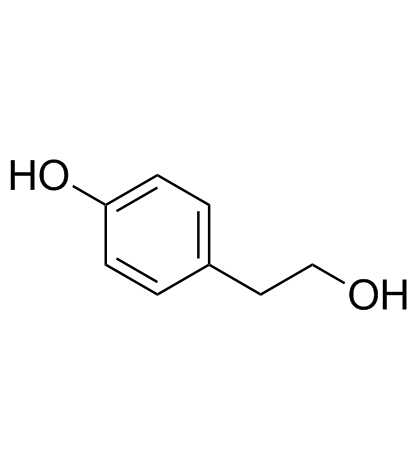
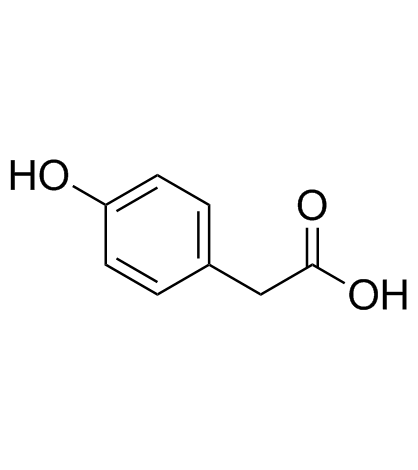

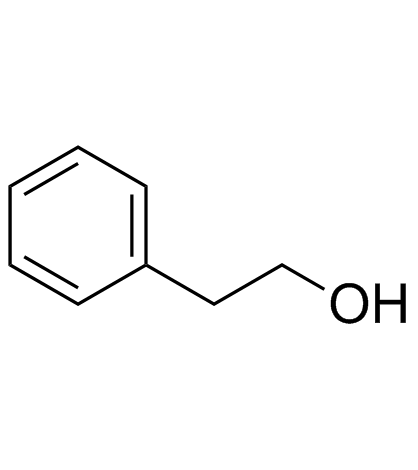
![4-[2-(2-chloroacetyl)oxoethyl]phenyl-2-chloroacetate structure](https://image.chemsrc.com/caspic/042/1223454-88-3.png)
